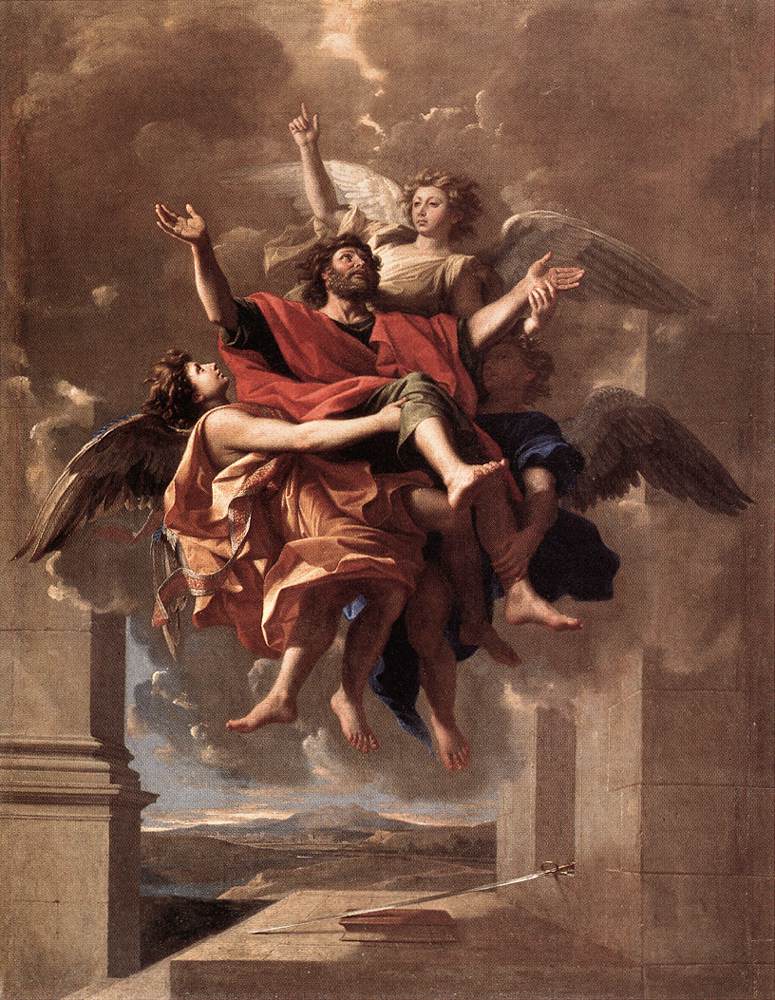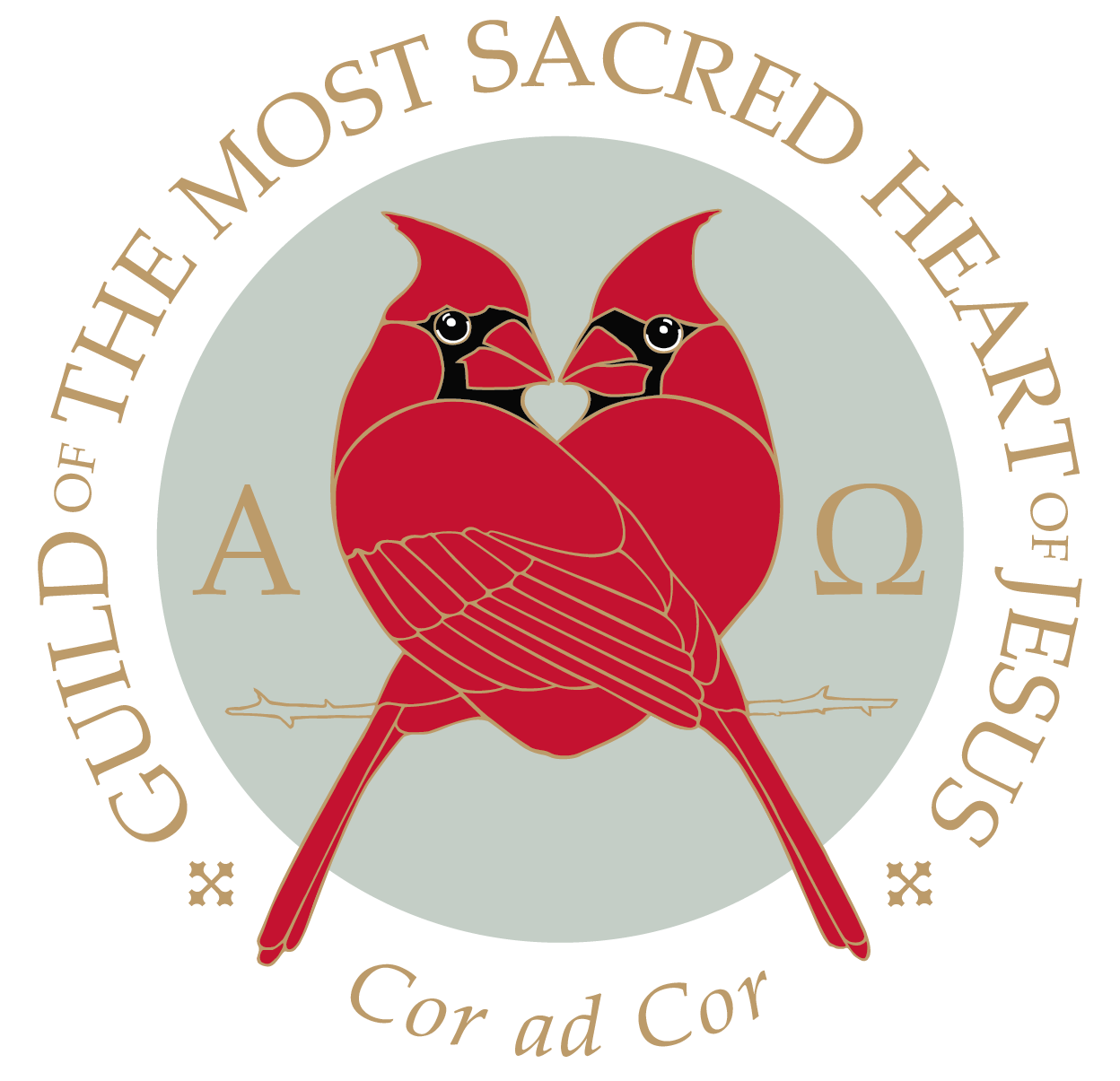
|
Suffering is a most visceral thing: at our deepest core we revile it. Whenever it presents itself in our lives, we try everything in our power to run away from it. It has an almost primeval hold over us, in a similar way as hunger or thirst, or cold or heat. Inside of all of us, there is a desperate struggle to loose ourselves from its grip. So much is natural: suffering is the spiritual counterpart to hunger or thirst – and just as we seek shelter and sustenance for our bodies, we crave peace for our soul.
Sometimes alleviating suffering is the right thing to do. This is particularly true when we are in the position to ease another’s pain, to lift another’s burden, or to soothe another’s soul. In that way the Lord sometimes invites us to be the physician, dispensing His mercy and consolation.
Other times, the suffering God permits us to endure is bespoke; just for us. It is either what we need – or what the world needs. The first of these ideas is clear enough: sometimes we grow through suffering, and enduring hardship patiently leads to resilience and maturity. But the second of these is less clear – and that’s what I would like to invite you to join me with.
You see, only God’s friends can suffer for Him. That’s right. The world is in desperate need of being united to the Cross of Christ. But only those in God’s friendship can do that. Those who do evil can offer no sacrifice acceptable to God. God would reject their sacrifice, because evil cannot cling to Christ. Only those in God’s friendship have the necessary access to the Paschal Mystery through their participation in the Holy Mass.
As the Baptized, you are called, as St. Paul says, to present your bodies, a holy, living sacrifice; acceptable, which is your reasonable worship (Rom. 12:1) This is a liturgical rubric. You are called by God to turn up to worship, not as a sojourner or passer-by, but as a committed member of a worshiping community, week in and week out, to present your body – or in simpler terms – to show up.
Once you’ve shown up, there’s more work to do. Showing up is the barest of minimums – the smallest sacrifice of time imaginable. You have the choice, once you cross the threshold, to offer a sacrifice, or withhold it, by apathy, acedia or ignorance. But if you offer it, God will accept it – and He will accept your acceptance; your saying yes to suffering for others, just as Christ suffered for others.
Offering looks like – being drawn into the mystery. That’s why the beauty of our worship is so very important. We have to be caught up in the air. Ever closer to the central height! To God Himself, who rives the veil to allow you to enter!
One final help from me: Romans 12:1 is one of the most fascinating phrases ever uttered, but sometimes you need music to enliven it. For that, may I suggest you listen to Greater love hath no man by John Ireland. A confraction of New Tesatament Passiontide writings, composed in 1912 for St. Paul’s Cathedral in London, it sets Romans 12:1 exquisitely. I am listening to it as I write this: I encourage you to do the same. The 1997 Christopher Robinson orchestral version is one of the best available online.
PRAY
